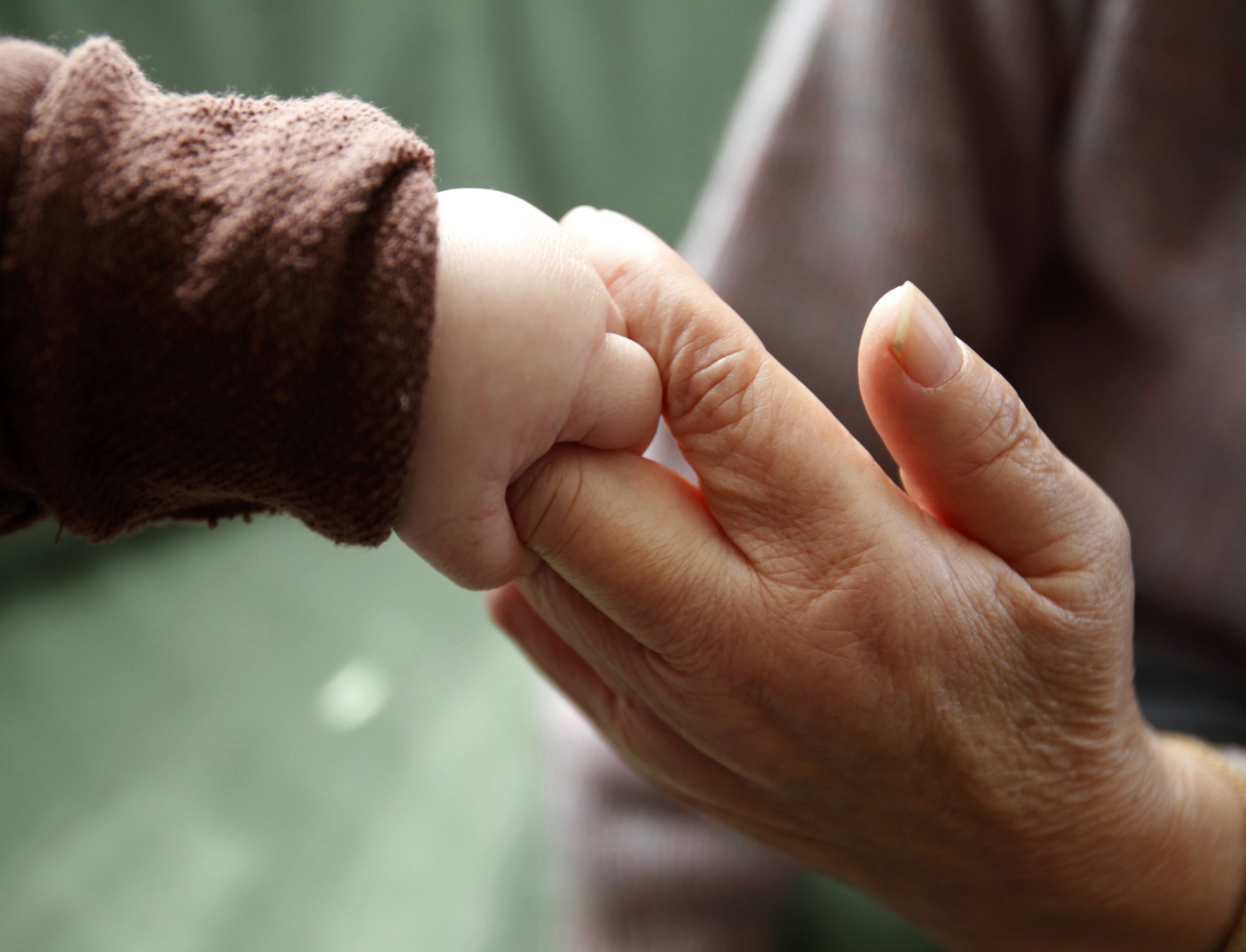
Mothers can pass on specific fears to their days-old babies through smell, a new study published Monday suggests.
The findings may help mental health experts better understand how a mother's old traumas, including post-traumatic stress disorder and specific phobias, affect her children. They may also help determine why some children of traumatized or depressed mothers are affected differently than their siblings.
"It's more about increasing awareness that trauma may be passed to the second generation," said Jacek Debiec, the Polish-born psychiatrist and neuroscientist who led the research. One consequence of the findings, said Debiec, is that psychiatrists treating Afghanistan and Iraq veterans may shift attention to the unborn children of their patients, who are of reproductive age when they return to the U.S. and may pass on their traumas to their babies.
There is clinical evidence that fear is transmitted across generations, though scientists know little about how the transmission occurs.
To test the role of smell in fear transfer, Debiec and other researchers from the University of Michigan Medical School and New York University conditioned female rats to fear the smell of McCormick peppermint by delivering mild, unpleasant shocks in tandem with the odor before they were pregnant, explained the paper in Proceedings of the National Academy of Sciences.
Then, the researchers exposed the rats' pups to the peppermint smell and tested their lateral amygdala—an area that detects and plans response to threats. The pups learned to fear the smell of peppermint even when their mothers weren't present, replaced by a piped-in scent of them reacting to the peppermint odor.
"It was really surprising to us that…it could be so early and could be so lasting," said Debiec, pointing out that infants generally do not form lasting memories unless experiences are repeated during the first few days of life, a concept called infantile amnesia. "Here it was a single exposure and it was enough for these newborn pups to create lasting memories," added Debiec.
When researchers gave pups a substance that blocked activity in the amygdala, according to the study, the baby rats did not learn the fear of peppermint smell from their mothers. This could help mental health experts find ways to prevent children from learning certain fear responses from their mothers.
"Infants can learn from their mothers about potential environmental threats before their sensory and motor development allows them a comprehensive exploration of the surrounding environment," says the six-page study.
Some mother rats tried to plug the tubing so that the smell wouldn't come through, a behavior that Debiec found interesting and wants to study further.
Interest in the transmission of trauma through generations began with Holocaust case studies, said Debiec. The next step for his team will be to start human studies, testing how infants respond to maternal distress.
The study was funded by the National Institutes of Health, by the Brain and Behavior Research Foundation and by University of Michigan funds.
Uncommon Knowledge
Newsweek is committed to challenging conventional wisdom and finding connections in the search for common ground.
Newsweek is committed to challenging conventional wisdom and finding connections in the search for common ground.
About the writer
Karla Zabludovsky covers Latin America for Newsweek. Previously, she reported for the New York Times from Mexico, covering regional politics, ... Read more





